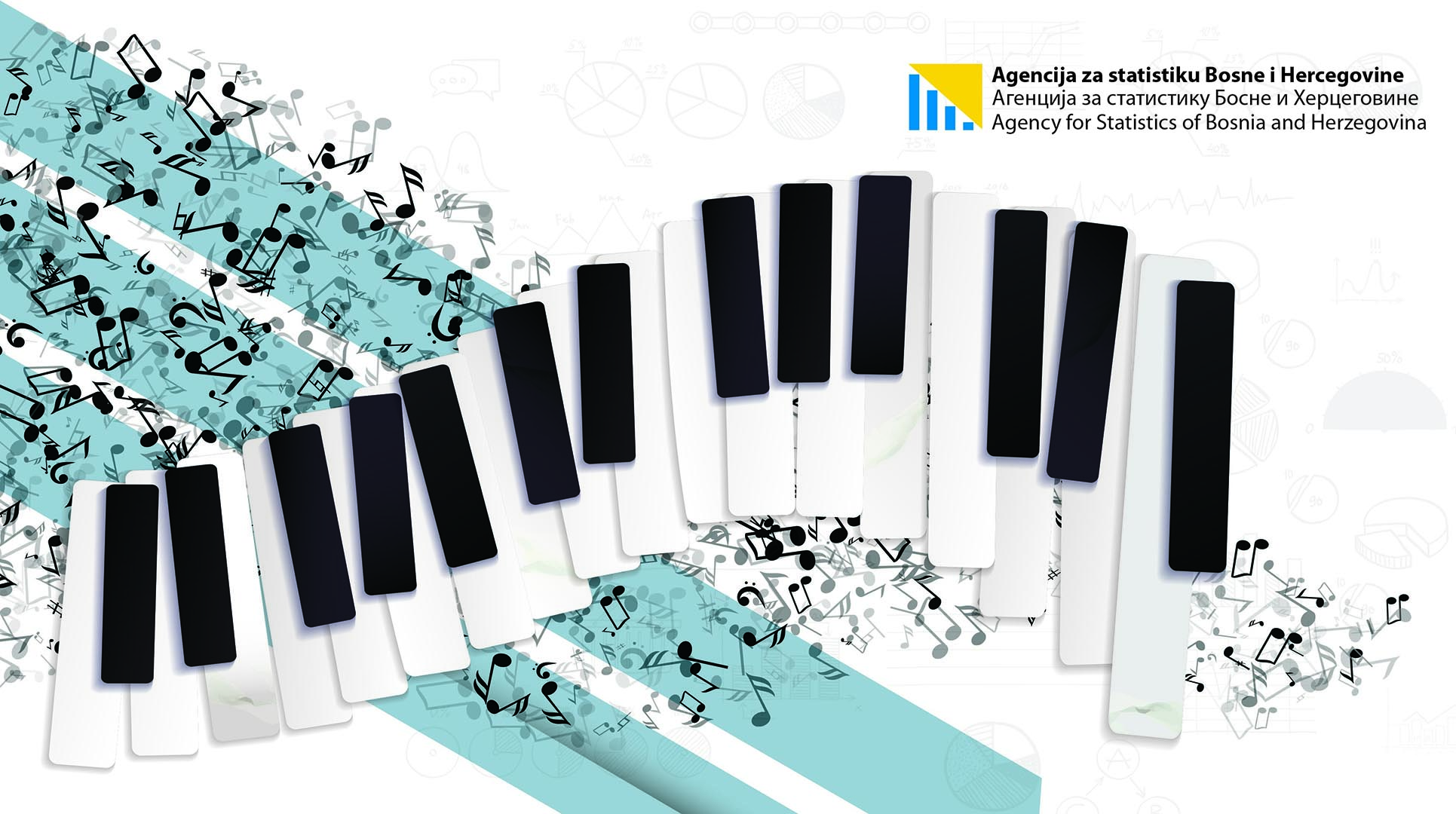Culture statistics - a collection of data in electronic format
The Agency for Statistics of BiH, the Institute for Statistics of FBiH and the Republika Srpska Statistics Institute, with the technical and financial support of UNESCO, have developed new systems for the collection of data in electronic format in the field of cultural statistics.

The Institute for Statistics of FBiH and the Republika Srpska Statistics Institute with the coordination of the Agency for Statistics of BiH, and financial support of UNESCO have developed new systems for the collection of data in electronic format in the field of cultural statistics. Web applications have been developed for all statistical forms in the field of culture, which should contribute to the quality, i.e. greater response of reporting units, better and more accurate data, and easier way of processing them.
The aim of the transition to electronic data collection in the field of cultural statistics is to establish harmonised systems and instruments for collecting statistical data in the field of culture, and their availability to data users to provide insight into statistical indicators of cultural activity to policymakers and their users.
This is a logical sequence of the development of cultural statistics, given that the methodology for collecting statistical data in the field of culture was developed in 2012, which contains forms for reporting by legal entities engaged in cultural activities in accordance with the Classification of BiH Activities 2010 is harmonised with the Statistical Classification of Economic Activities in the EU NACE Rev.2, and according to the UNESCO Framework for Statistics in the Field of Culture.
Establishing a statistical ecosystem in the field of culture through improving the capacity of institutions contributes to policy planning and budget allocation in this area, in order to achieve the Sustainable Development Goals.

